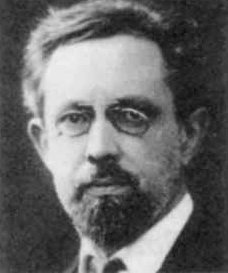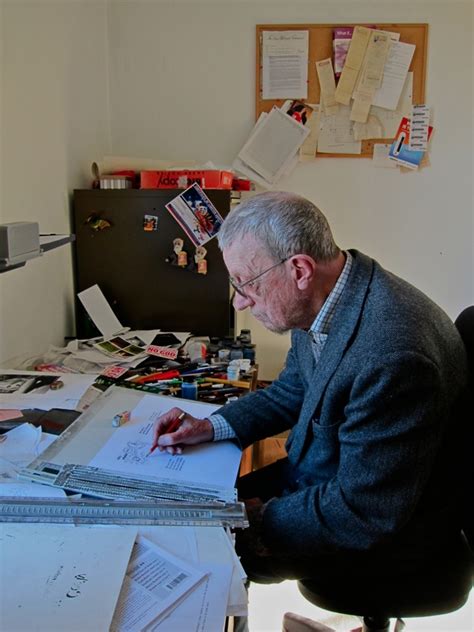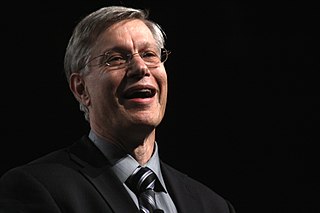A Quote by Werner Sombart
Capitalism designates an economic system significantly characterized by the predominance of "capital." Capitalism and double entry bookkeeping are absolutely indissociable; their relationship to each other is that of form to content.
Related Quotes
Capitalism, the ogre of those protesting Wall Street, has suffered a public relations crisis in the wake of the global economic collapse. But any remedy to the systemic corruption that led to the collapse should not displace recognition that capitalism creates wealth. Capitalism, and no other economic system, has raised millions from poverty around the world.
In the course of history periods of capitalism and socialism alternate with one another; capitalism is the unnatural, socialism the natural economic system... The National Socialists and the Red Front have the same aspirations. The Jews falsified the Revolution in the form of Marxism and that failed to bring fulfilment.
Anarchism is opposed to states, armies, slavery, the wages system, the landlord system, prisons, monopoly capitalism, oligopoly capitalism, state capitalism, bureaucracy, meritocracy, theocracy, revolutionary governments, patriarchy, matriarchy, monarchy, oligarchy, protection rackets, intimidation by gangsters, and every other kind of coercive institution. In other words, anarchism opposes government in all its forms.
We've now become conscious of the uncalculated social, economic, and environmental costs of that kind of "unconscious" capitalism. And many are beginning to practice a form of "conscious capitalism," which involves integrity and higher standards, and in which companies are responsible not just to shareholders, but also to employees, consumers, suppliers, and communities. Some call it "stakeholder capitalism."
I know the difference between venture capital[ism] and vulture capitalism. Venture capitalism is a good thing, comes in, gives that gap funding to help these companies get off and get started creating jobs, and work. But Mitt Romney and Bain Capital were involved with what I call vulture capitalism. And they walked into Gaffney and took over that photo album company for no other reason than to basically pick the bones clean. And those people lost their jobs.
Despite the miracles of capitalism, it doesn't do well in popularity polls. One of the reasons is that capitalism is always evaluated against the non-existent, non-realizable utopias of socialism or communism. Any earthly system, when compared to a Utopia, will pale in comparison. But for the ordinary person, capitalism, with all of its warts, is superior to any system yet devised to deal with our everyday needs and desires.
Laissez-faire capitalism, or anarchocapitalism, is simply the economic form of the libertarian ethic. Laissez-faire capitalism encompasses the notion that men should exchange goods and services, without regulation, solely on the basis of value for value. It recognizes charity and communal enterprises as voluntary versions of this same ethic. Such a system would be straight barter, except for the widely felt need for a division of labor in which men, voluntarily, accept value tokens such as cash and credit. Economically, this system is anarchy, and proudly so.




































